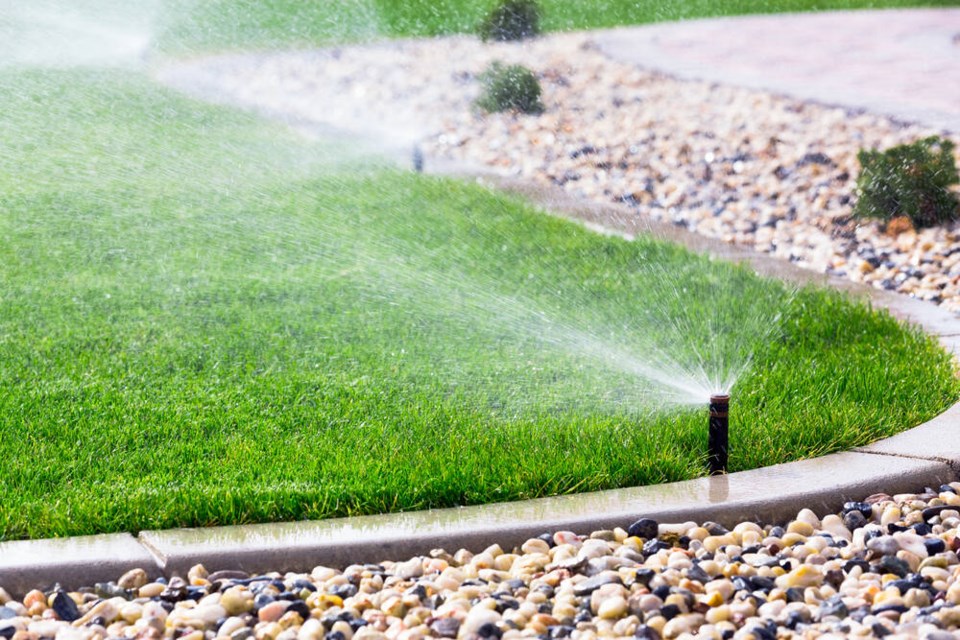The grass is always greener on the other side of the fence, famously – but especially so if your neighbour has been flouting the Metro Vancouver lawn-watering restrictions.
So far this year, North Vancouver municipal staff have issued more than 100 bylaw fines to homeowners dumping our drinking water supply on their yards. West Vancouver, however, hasn’t done any enforcement at all.
Unlike the other municipalities, West Vancouver actually has the smoking gun, or smoking water meter as it were. Already this year, they issued more than 900 letters to residents whose meters detected water use at four times the residential average.
We would argue that the fines are already too low to dissuade people for whom money is no object, but the municipality has made that moot. What is it that makes West Vancouver so exceptional?
Knowing who the rule-breakers are and refusing to carry out enforcement is troubling for several reasons. It rewards the misdeeds of scofflaws. It incentivizes others to break the rules, knowing there will be no consequences. Worst of all, it undermines faith in the system that we need people to comply with for our own collective good.
Summer droughts in B.C. are becoming progressively more serious and we need to treat them as such.
If West Vancouver is unwilling do its job in preserving our water supply, and our faith in the system, Metro Vancouver should staff up to do the job for them and pass the bill on to council.
Editor's note: The District of West Vancouver provided the following response to this editorial:
The District of West Vancouver takes the protection of water supply very seriously, and unique to the municipalities on the North Shore, has universal metering in place with a four-tiered rate structure. This is intended to incentivize conservation on an ongoing basis throughout the year, and not just when supply is limited in the dryer months.
With roughly 12,500 metered service connections in West Vancouver, the high water user letters that went out to 900 residents represents only 7.5 per cent of properties within the district. Of those, 78 per cent reduced their water consumption as a result of the proactive, educational approach the district took.
These letters were sent in July based on June consumption, well in advance of the Stage 2 watering restrictions that were introduced across the Lower Mainland in August. With the restrictions, the district responded by developing an extensive water restriction awareness campaign which included advertising in both Chinese and Farsi to ensure the information was being provided in an inclusive and accessible way.
In addition to partnering with Metro Vancouver’s drinking water conservation summer support program, the district created the “Gold is the new Green” campaign specific to lawn watering, and letters were sent to all landscaping and irrigation companies with business licenses in West Vancouver.
While the District of West Vancouver may have limited capacity for “boots on the ground” in terms of bylaw enforcement, we do have water meters in the ground, which provide data. One can also reflect on the fact that the limited number of complaints about water usage in West Vancouver is a positive sign – it means that residents of West Vancouver are complying. Water conservation has always been, and will continue to be, a priority for the District of West Vancouver.
What are your thoughts? Send us a letter via email by clicking here or post a comment below.




